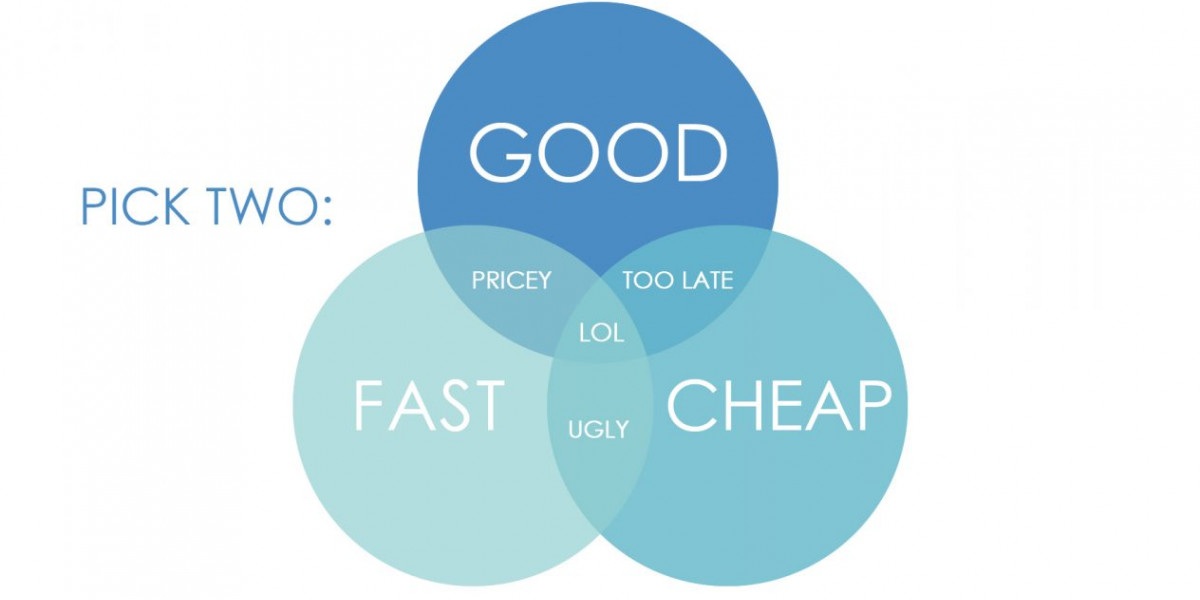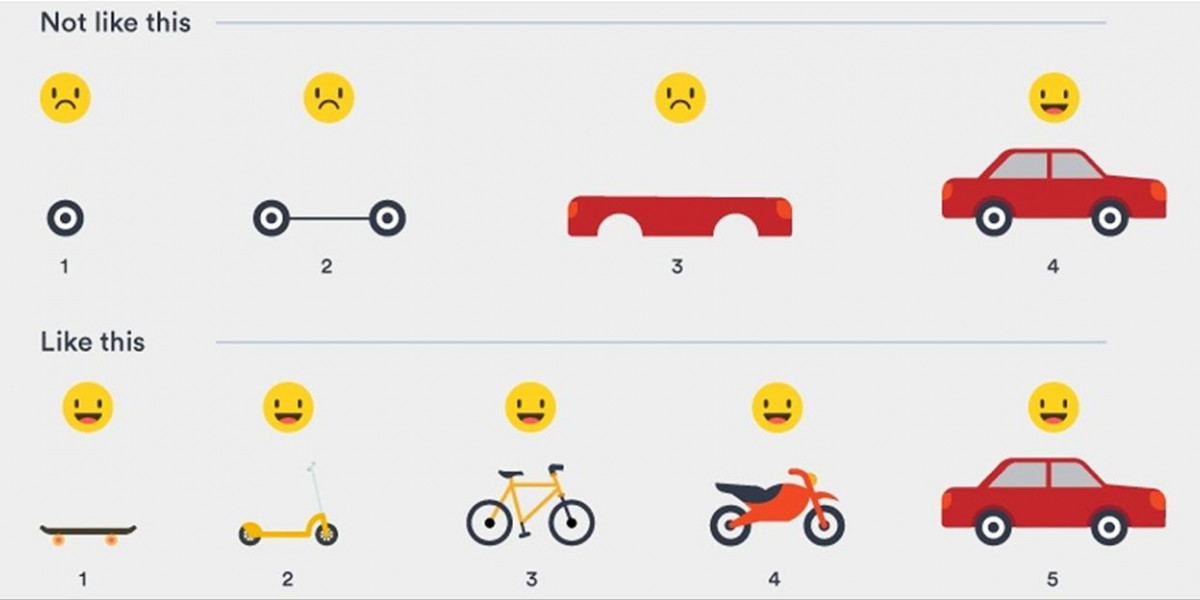Ukrainian Magento websites audit results

So the year 2020 is coming to the end and it definitely brought us a lot of surprises. Due to quarantine, most companies have learned how to work remotely, and someof them have switched to a remote work format forever.
The trade sphere also felt the effect of the new realities and many companies survived only due to the presence of their online stores. Even the most avid and staunch supporters of offline retail, who considered the Internet to be childish pranks, changed their mind abruptly when shopping centers closed and the only way to get revenue was online trading.
As a result, the share of online stores has increased significantly compared to their older offline counterparts. And many buyers, who previously preferred shopping trips, have experienced the benefits of online and will not return offline to buy many product groups.
Summing up, we can say that 2020 was the starting point for the development of e-commerce. If earlier it was just an additional platform for sales, now this tool has become paramount. Companies that did not have a website at all began to develop them abruptly, and those who did - started to diligently upgrade them.
Small businesses continue to actively use the Wordpress CMS with the WooCommerce trading plugin. Do not forget about such a popular solution in the CIS as OpenCart. However, for medium and large businesses, these platforms are unacceptable due to their limitations and many vulnerabilities. CMS Magento take care of such companies. The advantages of this CMS are undeniable and you can read about them on our website.
However, like any other system, CMS Magento sites need constant development and support. The codeAstrum team conducted an audit, the purpose of which was to determine the current security status of the site for major vulnerabilities and check the current version of CMS Magento. We analyzed the top 150 stores from more than 860 Ukrainian e-commerce projects and the results were slightly shocking.
- Only 32 out of 150 stores (21%) passed the initial safety assessment. They run on a relatively up-to-date Magento 2 version and are thus protected from major attacks and data leaks.
- 21 stores (14%) have outdated Magento 2 and need updating.
- The remaining 97 stores (65%) run Magento 1 and have significant security issues. The overwhelming majority of sites did not have patches installed that were released not only in 2020, but in 2016-2019.
- 57 sites out of the total (38%) do not have a Ukrainian version of the site, although according to the law of Ukraine this requirement is already mandatory and penalties are provided for violation from May 16, 2022.
As you can see from the results, most companies have a lot to strive for. As the saying goes: Forewarned is forearmed.

 Fast, cheap, or good
Fast, cheap, or good
 First releases don’t need to be perfect.
First releases don’t need to be perfect.
 A seamless experience = repeat sales.
A seamless experience = repeat sales.